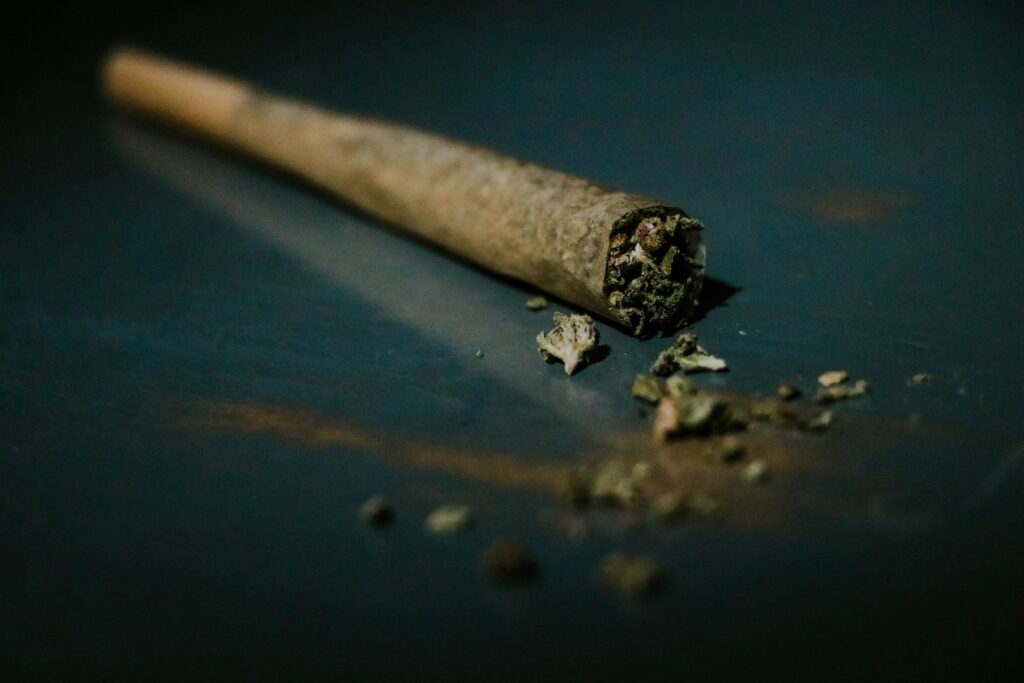Marijuana—also called weed, pot, grass, bud, ganja, Mary Jane, is a greenish, pungent, mixture of the dried, shredded leaves and flowers of Cannabis sativa, the hemp plant. Most often marijuana is smoked in hand rolled cigarettes, called blunts or joints, or it’s smoke in pipes, or bongs. Edibles have become popular because they don’t require smoking. Edible examples include brownies, cookies and candies.
The active ingredient that causes the marijuana intoxication is delta-9-tetrahydrocannabinol (THC). The marijuana plant also contains more than 500 additional chemicals, including more than 100 compounds that are chemically related to THC, called cannabinoids.
Marijuana is the most commonly used illicit drug, with over 15 million users in the United States
The following educational video and transcript is used with permission from Hopelinks
Pharmacologically, the principal psychoactive constituent of cannabis is THC; it is one of 483 known compounds in the plant, including at least 84 other cannabinoids. Marijuana, or cannabis, is a plant grown mainly for its psychoactive chemical properties of the drug THC. Marijuana can be smoked, ingested, or processed into other forms such as Kief, Hashish, oils and infusions, as well as other adulterants.
Medicinal use
There are some beneficial properties of Marijuana, it can help a person suffering with chronic nausea or vomiting, as well as stimulate appetite in someone being treated with chemotherapy or those suffering with the aids virus
Signs and symptoms of use
Clear signs of someone under the influence: loss of balance regulation, a decrease concentration or coordination, become paranoid or feel panicked, increased heart rate, dry mouth, red eyes, muscle relaxation.
Long term effects
Though the long-term effects of cannabis have been studied, there remains much to be concluded, however, it has been discussed that prolonged use can contribute to: heart disease, bipolar disorder, depression, mood swings, schizophrenia, effects on intelligence and memory, and learning disorders.
Withdrawal symptoms
Some withdrawal symptoms include: irritability, sleeping difficulties, craving, anxiety, and increased aggression.
Marijuana Addicts Can Recover
There are treatment centers and many beneficial programs focused around behavioral, emotional, and spiritual counseling. Also, abstinence-based meetings such as Narcotics Anonymous and Marijuana Anonymous.
Be sure to visit our entire Drug Education Videos series and learn more about drug abuse, drug addiction and alcoholism
References
STREET DRUGS: a drug identification guide 2010
National Institute on Drug Abuse:
http://drugabuse.gov/
Medline Plus:
http://nih.gov/
The Vaults of Erowid:
http://www.erowid.org/plants/cannabis/

